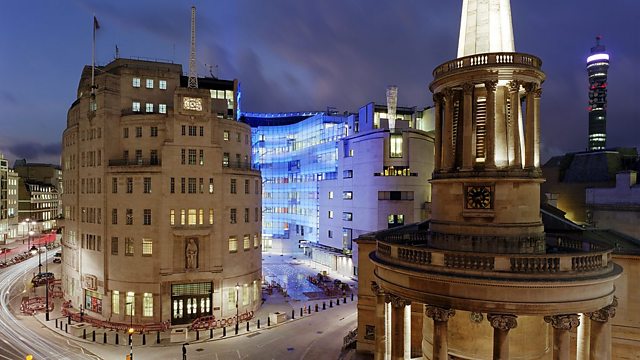Libya and China
Owen Bennett Jones with insight from ����ý correspondents abroad. Mark Lowen sees Tripoli's rapid change and enduring divisions; Mukul Devichand learns why migrants and locals are at odds in Guangzhou.
Owen Bennett Jones introduces personal stories, reflections and analysis from ����ý correspondents around the world. In this edition: Mark Lowen in Tripoli sees how Libya has made rapid changes, but hasn't wiped out old divisions altogether; Mukul Devichand in Guangzhou learns why migrant workers and local residents are so often at odds in China's cities.
Leaps and loyalties
Many of our correspondents who have visited Libya since the fall of Gaddafi came back with mixed impressions. In some ways things have moved on very quickly. But despite people's optimism – and their resilience – there are still fears that old divisions haven't gone away for ever.
Can former Gaddafi supporters really feel at ease with the neighbours, relatives or colleagues who fought so hard to overthrow him – and his regime? Mark Lowen tried to find out.
Neighbourhood watch - or thuggish private security?
Like the rest of the world, China is urbanising fast. It's just announced that for the first time in history, the nation now has more people living in its towns and cities than in the countryside. The migration has caused great social unrest - especially in southern China, where the differing interests of city residents and migrant incomers have led to strikes and riots.
For the migrants, this is life at the sharp end: long hours, low wages, hostile locals, and constant fear of the 'Village Protection Squads' formed to keep an eye on the incomers. Mukul Devichand visited Guangzhou and saw the tensions for himself.
Last on
More episodes
Previous
Next
Broadcasts
- Mon 23 Jan 2012 08:50GMT����ý World Service Online
- Mon 23 Jan 2012 12:50GMT����ý World Service Online
- Tue 24 Jan 2012 01:50GMT����ý World Service Online
- Tue 24 Jan 2012 04:50GMT����ý World Service Online

